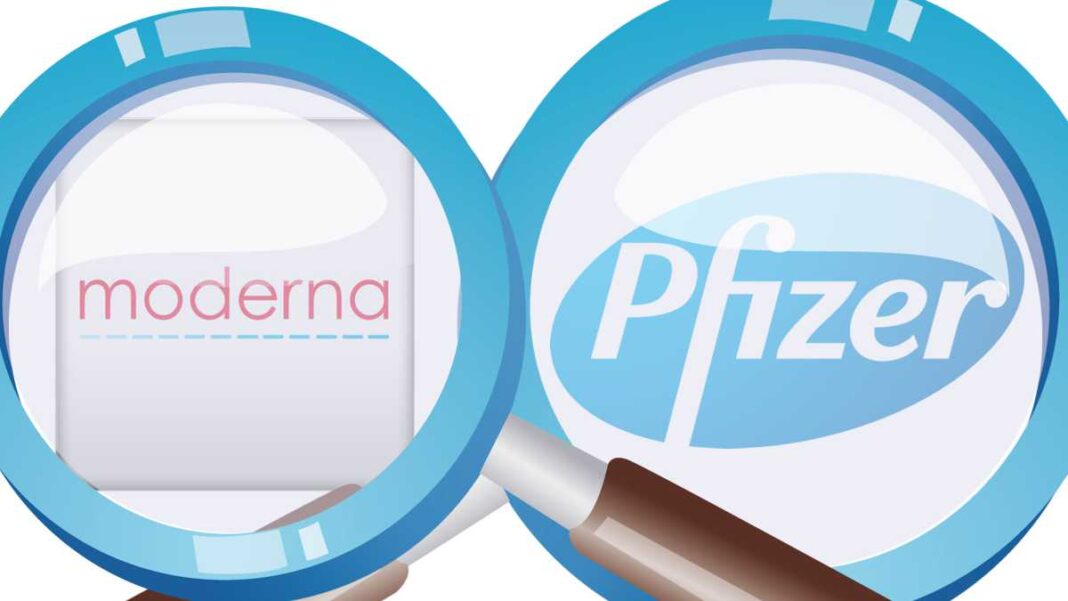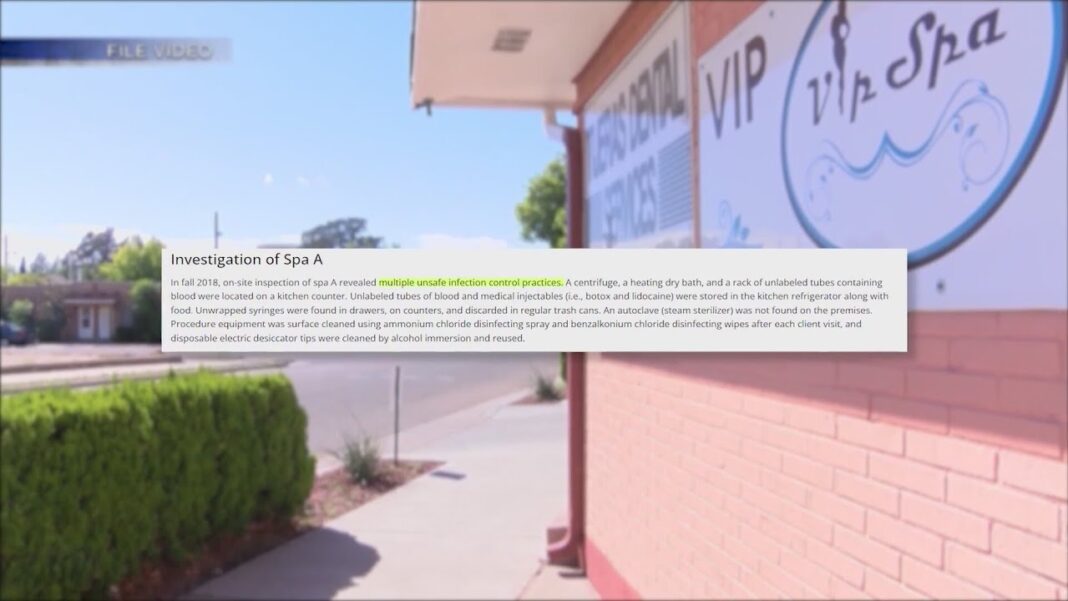The role that a key ingredient in the COVID-19 mRNA vaccine plays in cancer development has been analyzed in a comprehensive review newly published in a peer-reviewed scientific journal. The conclusion: The specific form of this ingredient, pseudouridine, that Pfizer and Moderna use to make their vaccines aids cancer development.
N1-methyl-pseudouridine (I will call it pseudoU in this article) is a critical component of the mRNA vaccine. Pfizer and Moderna chemically introduce pseudoU into their vaccines to make the mRNA molecules last longer in the human body (escaping degradation by enzymes), and to avoid suppression by the innate immune system, the body’s first line of defense against foreign invaders.
The study, titled “Review: N1-methyl-pseudouridine: Friend or foe of cancer?” is authored by five scientists from Mexico, UK, Canada, United States, and Saudi Arabia and was published in the May 2024 issue of International Journal of Biological Macromolecules.
PseudoU Aids Cancer Development
Messenger RNA is a single-stranded molecule made up of four types of nucleotides: A, C, G, and U. In their vaccines, Pfizer and Moderna replace all the “U” nucleotides with pseudoU, a chemically modified version. The invention was praised by many in the field.
However, since pseudoU is not native to the human body, is it safe?
For their study, the five scientists analyzed data in an article published in the peer-reviewed journal Frontiers in Immunology in October 2022, where a group of researchers in Thailand, using a melanoma mouse model, tested cancer development with mRNA vaccines. They found that all mRNA vaccines in which pseudoU replaced “U” stimulated cancer growth and metastasis (spread of cancer cells). The higher the percentage of pseudoU, the more severe the cancer growth.
Both the Pfizer and Moderna mRNA vaccines replace “U” with pseudoU 100 percent. This greatly contributed to the effectiveness of the COVID vaccines compared to unmodified mRNA vaccines, according to a 2021study titled “The Critical Contribution of Pseudouridine to mRNA COVID-19 Vaccines.”
The body’s immune system can recognize the “U” component of foreign mRNA and trigger a cascade of immune responses. But substituting “U” with pseudoU removes that recognition and decreases innate immunogenicity, allowing cancer cells to grow uncontrollably.
By Joe Wang








